Effects of widespread environmental degradation have infiltrated the entire global system, demonstrating the complex interdependency among the public, private, and civil spheres that govern our world. While the environmental consequences of rampant deforestation may be obvious, the social and economic challenges, although sometimes peripheral, are equally enormous.
Destruction of forests leads to a cascade of social and economic obstacles, and this fundamental link between forests and people must be emphasized in development efforts. Take for example, the link drawn between deforestation and gender inequality. In the developing world, poor land management leads to overuse and degradation of forests, leading to significant decline in overall tree cover. As the forest diminishes, water sources dry up and the forest edge retreats further from the community. Women and girls, who are primarily responsible for water and fuelwood collection, are then forced to walk further distances to collect the resources needed for their daily survival. As resources become more scare, women’s enrollment in school declines, further perpetuating the cycle of gender disparity.
While it may seem that daily survival and forest conservation are competing demands, particularly for forest-edge communities in developing countries, this is not necessarily the case. Advances in reforestation, agroforestry, and sustainable agriculture have shown to simultaneously achieve gains in both smallholder farm productivity and forest cover. Improved strategies on the production and sale of non-timber forest products and high-value crop yields are stimulating activity in rural markets. These multidimensional techniques are helping to reverse deforestation and mitigate climate change while generating employment, increasing food security, and improving social welfare in the local communities.
Development programs that are able to achieve environmental, social, and economic benefits through holistic approaches are most likely to be sustainable. Cross-sector partnership models such as REDD+ and PES (payments for environmental services) are creating innovative ways to collaborate across the three sectors and bring the necessary resources together to implement bold development strategies. With growing awareness and an increased focus on forest conservation, the need to meet the concurrent demands of people and forests has never been greater.
As we look ahead at 2014 and beyond, Rooted In Hope is committed to carrying out programs that meet the environmental, social, and economic needs of the communities we serve, and we are eager to work collectively with the broader global community in implementing and scaling sustainable solutions.
Post by Katie Emick

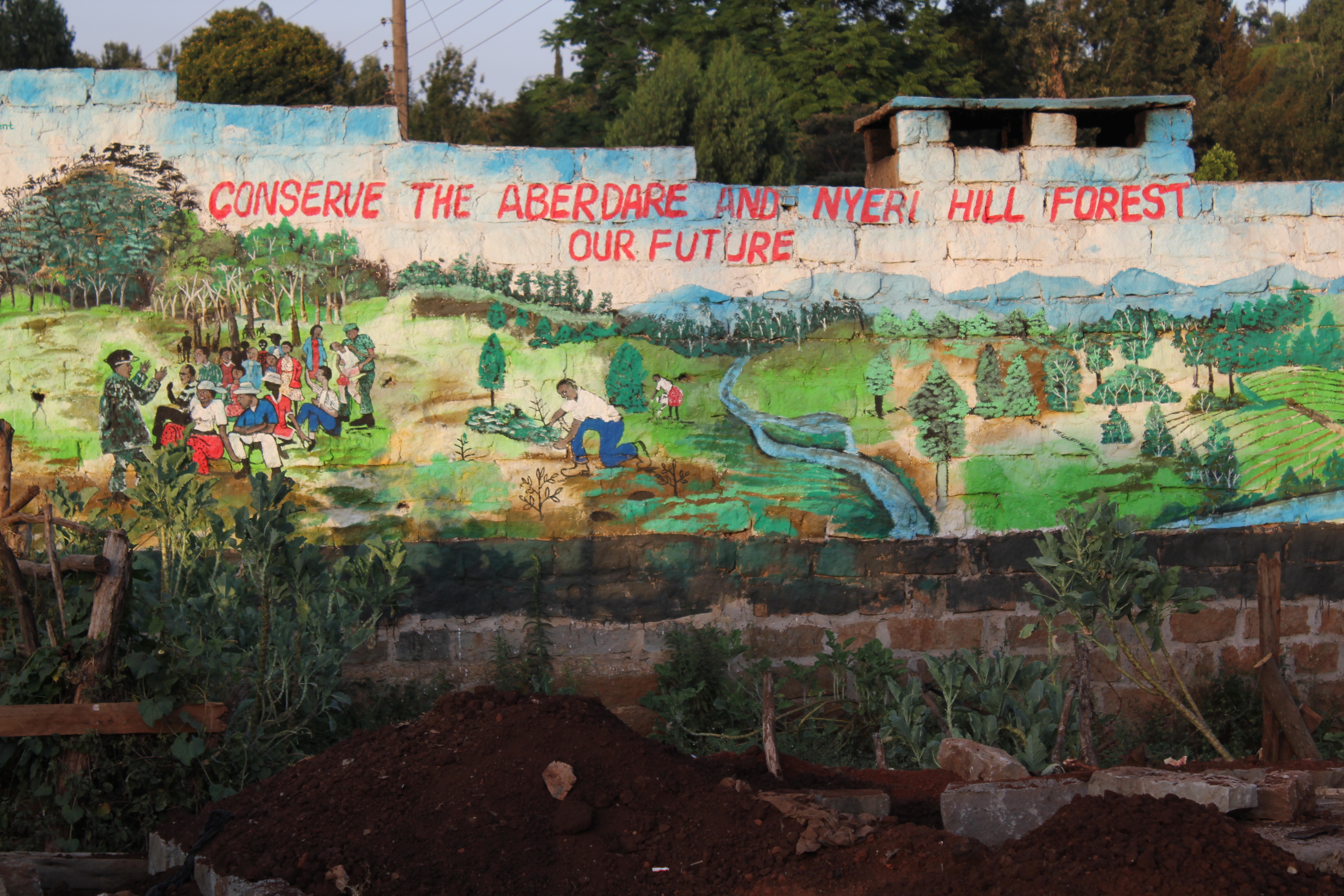
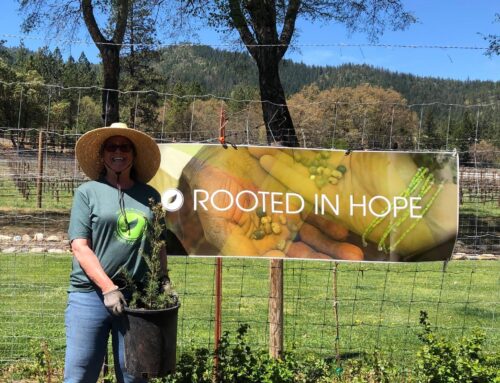
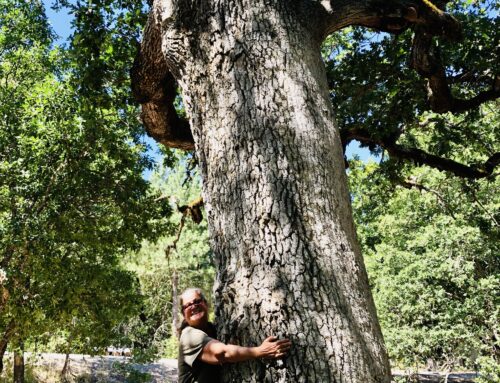
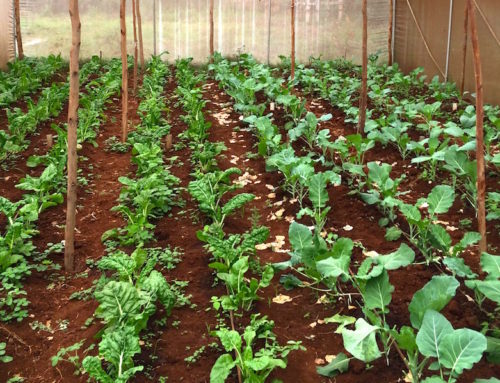
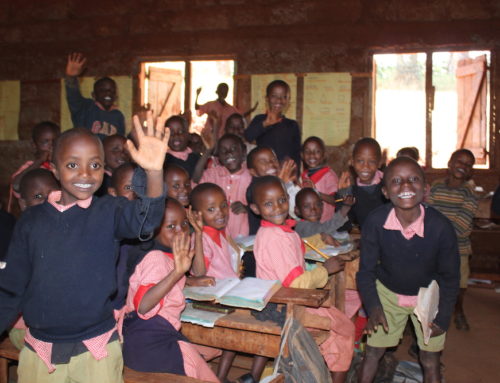
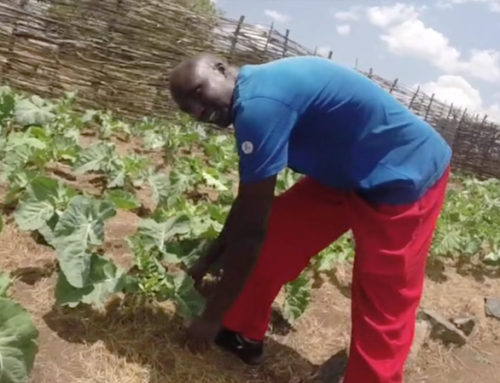





Leave A Comment